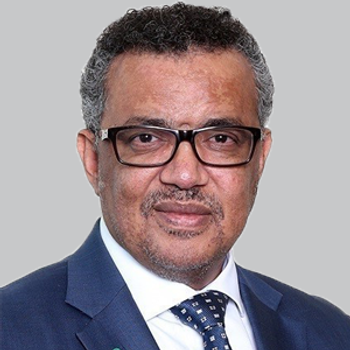
With the new update, cladribine, glatiramer acetate, and rituximab, are now included in the Lists of Essential Medicines, filing a gap given the global burden of multiple sclerosis.

With the new update, cladribine, glatiramer acetate, and rituximab, are now included in the Lists of Essential Medicines, filing a gap given the global burden of multiple sclerosis.
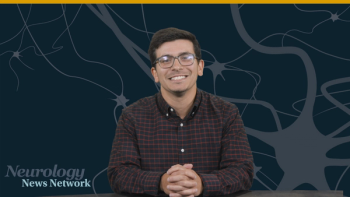
Neurology News Network for the week ending July 29, 2023. [WATCH TIME: 4 minutes]
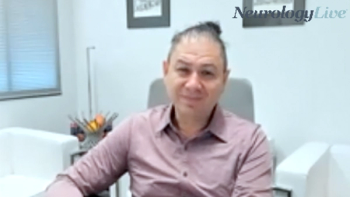
The associate research professor of neurobiology at Duke University discussed an innovative epigenome editing approach that shows promising prospects for patient improvement, disease prevention, and potential use in Alzheimer disease prophylactic work. [WATCH TIME: 3 minutes]

Take 5 minutes to catch up on NeurologyLive®'s highlights from the week ending July 28, 2023.

Andreas Muehler, MD, and Hella Kohlhof, PhD, provided answers on a recently published analysis showing considerable activation of nuclear receptor related 1 with vidofludimus calcium, an agent in development for various forms of multiple sclerosis.

As part of our monthly clinician spotlight, NeurologyLive® highlighted sleep disorders expert John Saito, MD, FAAP, FCCP, a pediatric pulmonologist at the Children’s Hospital of Orange County (CHOC).
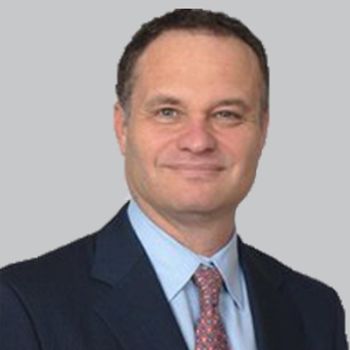
The findings confirmed and expanded upon existing literature by demonstrating that the incidence rates of multiple cardiovascular events, including stroke, heart failure, and cardiovascular disease, are significantly higher in patients with narcolepsy.

Mind Moments®, a podcast from NeurologyLive®, brings you exclusive commentary from Alberto J. Espay, MD, PhD, and Anton P. Porsteinsson, MD. [LISTEN TIME: 48 minutes]

A 26-year-old man who presented narcolepsy symptoms tested negative for the condition, but a reassessment of the cerebrospinal fluid hypocretin-1 4 years later showed a dramatic decrease.
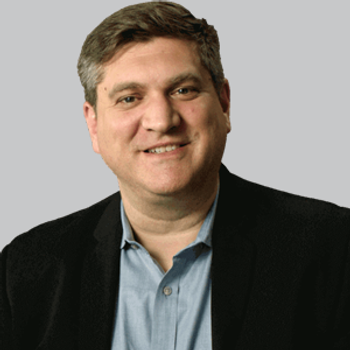
Completion of the 12-week program was associated with reported improvements in overall changes in sleep parameters of sleep latency, wake after sleep onset, sleep efficiency, and others.
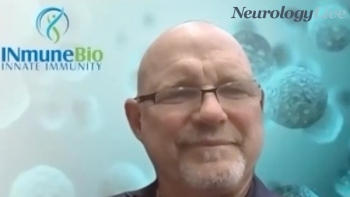
The chief executive officer at INmune Bio discussed a unique approach from a phase 1 study targeting neuroinflammation in the brain to improve cognitive abilities and maintain memory. [WATCH TIME: 5 minutes]

Maria Carrillo, PhD, chief science officer for the Alzheimer's Association, talked about the release of the updated diagnostic guidelines for Alzheimer disease, which incorporate plasma-based biomarkers.

Results suggest that the high burden of cerebral amyloid angiopathy-related lesions most likely underlies the 30%-60% incidence of amyloid-related imaging abnormalities in APOE e4/4 carriers treated with approved amyloid therapies.

The phase 1/2a studies are expected to be complete by the end of 2023, with data from the open-label extension studies to be shared in early 2024.
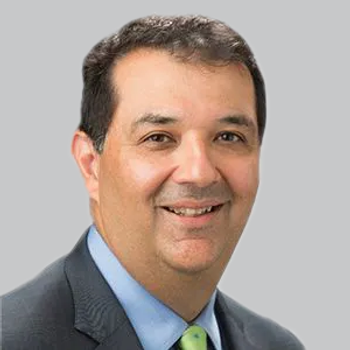
Based on a collection of data from clinical trials in Alzheimer disease, the best way to represent and translate the findings to meaningful benefits is through the use of multiple frameworks.
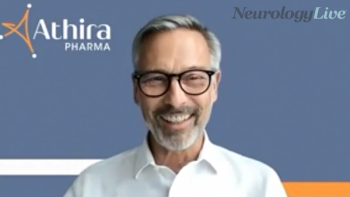
The chief medical officer at Athira Pharma talked about an exploratory phase 2 trial that showcased the correlation between biomarkers for Alzheimer disease hallmarks and neuroinflammation. [WATCH TIME: 5 minutes]

The director at the Foundation for the National Institutes of Health provided perspective on the effective ways to utilize currently available biomarkers for Alzheimer disease research.

In a patient case with tandem occlusion, treatment using the Zoom 88 Support resulted in reduced NIHSS score from 20 to 0.

Differential diagnosis consideration for MS requires a circumspect approach dependent on the clinical presentation and accompanied by vigilance for clinical and paraclinical red flags suggesting alternative diagnoses.
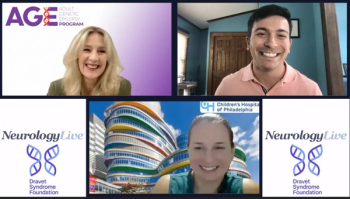
A duo of experts provide insight on various topics related to the advances in treatment options, diagnosis of the disorder, role of genetics, and potential future research and gene therapies.

A slowing of disease progression by 30% would result in clearly meaningful differences in patients with mild cognitive impairment and mild dementia.
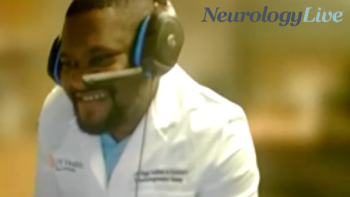
The postdoctoral researcher at The University of Texas Health Science Center at San Antonio talked the gut microbiome and neurological disorders, focusing on the potential role of gut microbiota imbalance in the pathogenesis of conditions like Alzheimer disease. [WATCH TIME: 5 minutes]

In comparison with sham, patients on active treatment had higher rates of penumbral tissue salvage and alleviation of hypoperfused ischemic regions.

At 19 weeks, eplontersen-treated patients showed substantial and sustained reductions in serum TTR concentration compared with baseline.
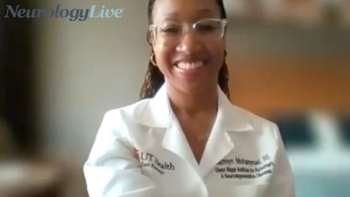
The clinical research associate at the University of Texas Health Science Center at San Antonio discussed a study that explores the relationship between cognitive function and gut microbiome structure in middle-aged adults from the Framingham Heart Study cohort. [WATCH TIME: 4 minutes]

Caution is warranted for older patients with Duchenne muscular dystrophy who are receiving gene therapy, according to details of a patient death in a single patient trial.
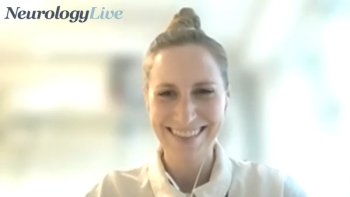
The researcher in the department of neurochemistry at the University of Gothenburg in Sweden discussed bloodspot cards as a promising method for collecting blood samples in Alzheimer disease research. [WATCH TIME: 4 minutes]

Here's some of what is coming soon to NeurologyLive® this week.

The genetic epidemiologist at the University of Pennsylvania talked about a collaboration of sites and analysis groups across the US to create a vast collection of genetic data on patients living with Alzheimer disease. [WATCH TIME: 5 minutes]

Test your neurology knowledge with NeurologyLive®'s weekly quiz series, featuring questions on a variety of clinical and historical neurology topics. This week's topic is ataxia.